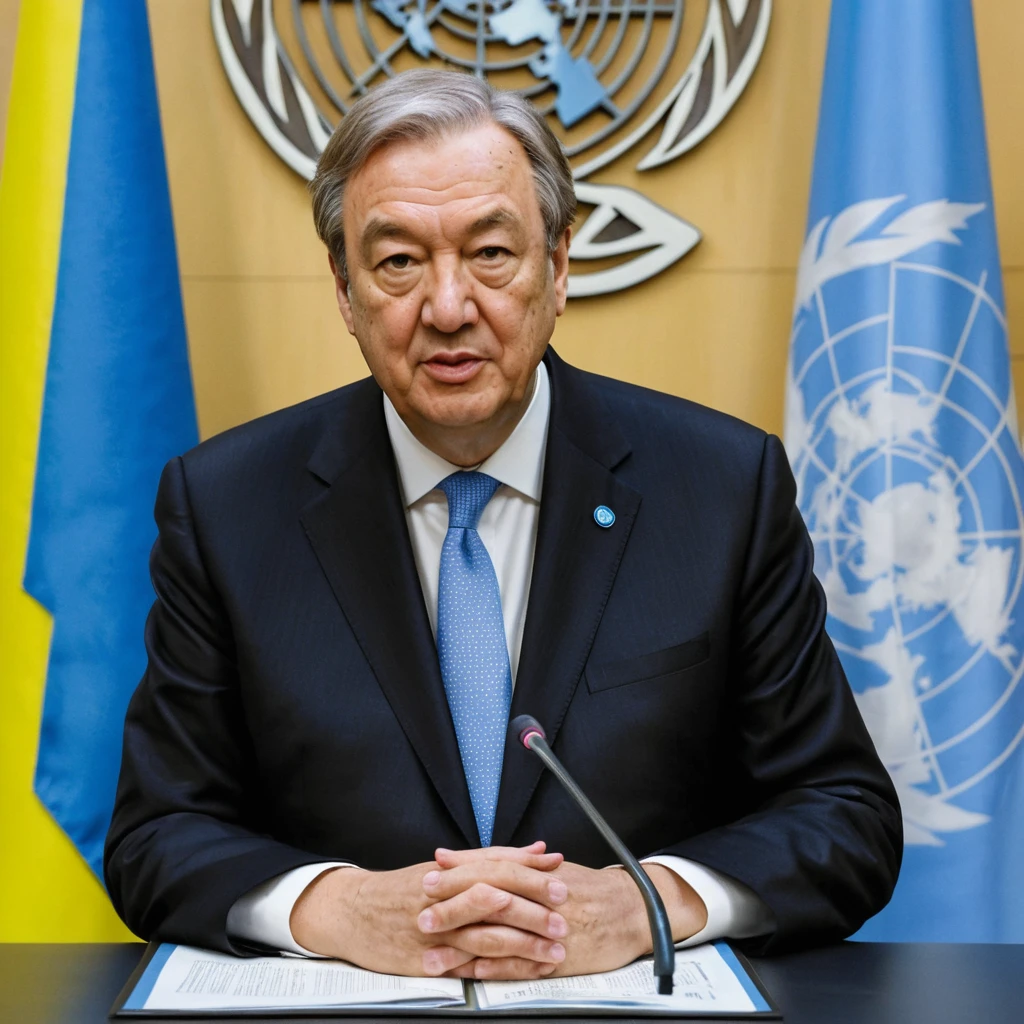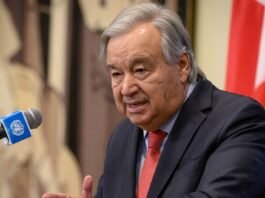Background on the Conflict in Ukraine
The conflict in Ukraine escalated considerably when Russia launched a full-scale invasion on February 24, 2022, representing a significant intensification of hostilities that had begun in 2014 following the annexation of Crimea. This invasion has since resulted in a severe humanitarian crisis, with millions of civilians displaced from their homes and infrastructure across the country suffering extensive damage. Essential services such as water supply, electricity, and healthcare have been adversely affected, exacerbating the plight of those caught in the conflict.
Since the onset of the invasion, Ukraine has witnessed numerous brutal military engagements, with cities such as Mariupol, Kharkiv, and Bucha facing relentless attacks. The civilian toll has been staggering, leading to thousands of deaths and injuries among non-combatants. Reports of war crimes and human rights abuses have prompted widespread condemnation from the international community, fueling calls for accountability. Additionally, the displacement crisis has reached alarming levels, with millions seeking refuge in neighboring countries and beyond.
The role of the United Nations has been pivotal in addressing this ongoing crisis. The United Nations Security Council (UNSC) and the General Assembly have held various sessions to discuss the conflict and its ramifications. Despite numerous resolutions condemning the invasion and calling for an immediate ceasefire, meaningful action has often been stymied by geopolitical divisions within the Council. Nevertheless, the UN has endeavored to provide humanitarian assistance to affected populations and facilitate dialogue between the conflicting parties.
These developments have underscored the urgent need for renewed diplomatic efforts aimed at achieving a lasting peace in Ukraine. As described by the UN Secretary-General, addressing the root causes of this conflict and finding sustainable solutions is imperative for stabilizing the region and promoting global peace.
The Humanitarian Situation: Statistics and Consequences
The humanitarian situation in Ukraine has escalated significantly since the onset of the conflict, resulting in staggering statistics that reveal the toll on civilian life. According to the latest reports, the war has claimed over 8,000 civilian lives and left more than 14,000 injured. These figures reflect the indiscriminate nature of the violence, affecting men, women, and children alike, and emphasizing the urgent need for international intervention to restore peace and security.
The impact of the ongoing conflict extends beyond immediate casualties. Critical infrastructure has been severely compromised, disrupting essential services vital for the survival and well-being of the population. Water supply systems, electricity grids, and healthcare facilities have faced destruction or operational challenges, leading to widespread shortages. Approximately 20 million people are currently lacking reliable access to clean water, which is exacerbated by the harsh winter months where temperatures can plunge dramatically. The availability of electricity has also dwindled, with frequent blackouts hindering heating and creating challenging living conditions during the cold season.
Healthcare services have been overwhelmed, with hospitals suffering from equipment shortages and a lack of medical supplies. The situation is particularly dire for those requiring urgent care or ongoing treatment for chronic illnesses, as many facilities have either been damaged or are operating at minimal capacity. The war has also generated significant mental health challenges, with rising levels of trauma among the civilian population.
Moreover, the threat posed to nuclear facilities is a major concern, as military operations near these sites raise serious safety risks. The violation of international laws regarding the protection of civilians and sensitive infrastructure highlights the responsibility of the global community to advocate for compliance and safeguard lives. The consequences of this humanitarian crisis are profound, necessitating an immediate and coordinated international response to restore peace and alleviate suffering.
Diplomatic Efforts and International Engagement
The ongoing conflict in Ukraine has prompted a surge of diplomatic efforts aimed at establishing a framework for peace. High-level discussions, particularly between U.S. officials and influential global leaders, have emerged as vital components of the international engagement strategy. These dialogues facilitate the sharing of perspectives and strategies, ultimately contributing to a coordinated approach toward conflict resolution. Key players in the negotiations are actively involved in exploring potential frameworks for peace that prioritize Ukraine’s sovereignty and the urgent need for humanitarian support.
Notably, there have been positive developments, including the successful return of prisoners of war, which signals a willingness among parties to engage in constructive dialogue. This exchange not only strengthens trust but also fosters a conducive environment for future negotiations. Humanitarian access remains a critical focus, with ongoing discussions aimed at ensuring essential supplies, medical assistance, and safety for civilians in conflict-affected areas. Efforts by international organizations have also played a significant role in advocating for the well-being of those who have been disproportionately affected by the prolonged conflict.
Nevertheless, the path to a ceasefire remains fraught with challenges. Progress has been slow, with entrenched positions and ongoing hostilities complicating negotiations. The geopolitical landscape introduces additional layers of complexity, where external influences and regional dynamics continue to affect the dialogue process. As the international community seeks to address these challenges, maintaining a unified front and fostering continued engagement will be critical factors in advancing toward a lasting peace settlement. Ultimately, ongoing diplomatic efforts and international collaboration will be essential in overcoming obstacles and steering the conversation toward a sustainable resolution for Ukraine.
The Path Forward: Call for Ceasefire and Peace
The ongoing conflict in Ukraine underscores the urgent necessity for a comprehensive and sustainable ceasefire. As the situation continues to evolve, the international community is presented with a critical opportunity to address the roots of the crisis through diplomatic means. The framework provided by the UN Charter serves as a guiding principle for any efforts aimed at restoring peace and fostering stability in the region. It is imperative to recognize that lasting peace cannot be achieved through military means alone; rather, it demands a collective commitment to dialogue and negotiation.
Maintaining diplomatic momentum is crucial to preventing further escalation of the conflict. This requires the cooperation of all stakeholders, including governmental entities and civil society groups, to engage in constructive discussions that prioritize the well-being of those affected by the war. Continued international dialogue facilitates trust-building measures, which are essential for creating an environment conducive to peace. Moreover, regular communication among nations can help mitigate misunderstandings and reduce the potential for miscalculations that may inadvertently prolong the hostilities.
Furthermore, providing ongoing humanitarian aid and support is vital in addressing the immediate needs of affected populations. The human cost of the conflict remains staggering, highlighting the necessity for the international community to mobilize resources and expertise in delivering assistance. This aid is not solely a temporary measure; it also lays the groundwork for eventual recovery and reconstruction efforts. By focusing on both humanitarian and diplomatic dimensions, the path towards a sustainable ceasefire can be forged, aligning with the overarching goal of a peaceful resolution to the conflict in Ukraine. A concerted effort to uphold these principles will ultimately contribute to a more stable and harmonious environment for the people of Ukraine and beyond.



